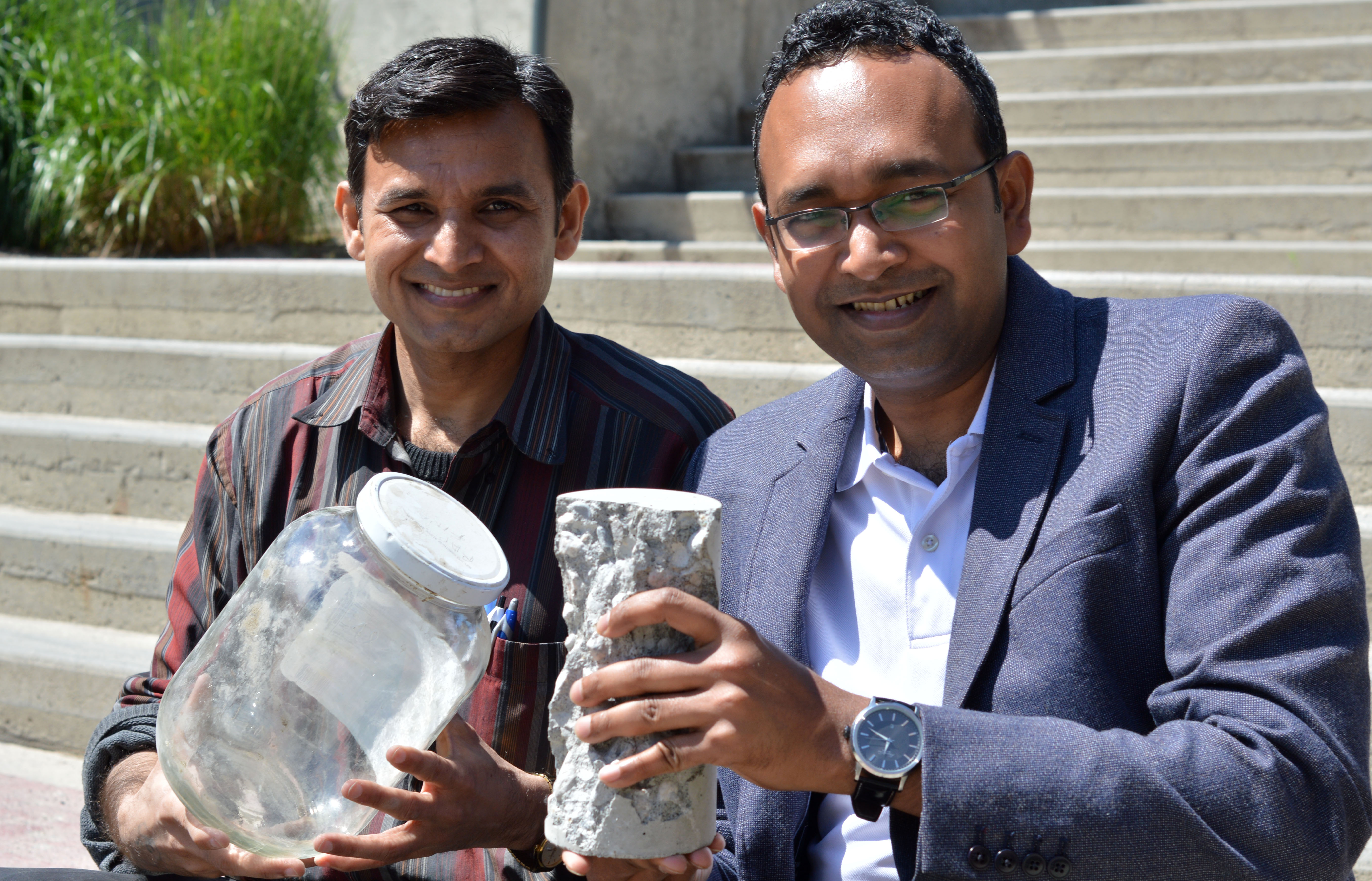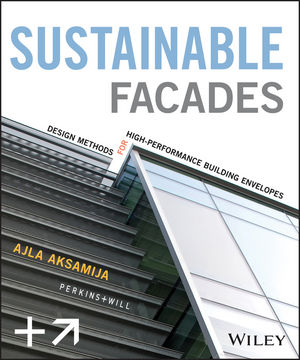Millions of children spend the majority of their waking hours in one of over 125,000 childcare facilities across the U.S., and a team of Texas Tech University researchers is looking to improve their early-childhood experience.
Using virtual reality (VR) and 3D cameras, Texas Tech’s team will use a $299,709 grant from the U.S. Department of Agriculture’s (USDA) National Institute of Food and Agriculture (NIFA) to develop virtual tours and educational programs for childcare providers. The team is led by Muntazar Monsur and is collaborating with Early Childhood Health Outdoors (ECHO) of the National Wildlife Federation (NWF).
The goal is to train child care professionals, teachers and caregivers about low-cost, sustainable and incremental design for creating healthier early childhood environments.
“Design-based interventions in child care outdoor environments were found to support children’s increased physical activity and healthy diet; the two most important criteria for preventing early childhood obesity,” said Monsur, an assistant professor who is the lead for the Extended Reality (XR) Lab in the Department of Landscape Architecture, part of the Davis College of Agricultural Sciences & Natural Resources.
“Field trips to demonstration sites offer an opportunity to motivate and connect child care providers to encourage and educate them about healthy and active outdoor environments for children. Educational field trips, however, are not only expensive but are also time-consuming for care providers who are constantly managing a heavy workload and struggling to staff their centers due to a high rate of turnovers.”
With the use of 3D camera technology and VR to help offset those costs, Monsur’s team will organize virtual workshops for Texas and Colorado care providers and use interactive virtual tours to teach about designing and implementing healthy outdoor learning environments.
The virtual tours also will be used as part of graduate programs across the Department of Design, the Department of Human Development & Family Sciences, and Landscape Architecture at Texas Tech.
“This new grant will allow my team to combine the two domains of our research,” Monsur said, “promoting health and wellbeing by design and using interactive XR technology to advance and reimagine online education and training.”
Monsur is joined on the project by co-principal investigators Malinda Colwell, a professor in Human Development & Family Sciences and associate dean for research in the College of Human Sciences; Kristi Gaines, the department chair for the Department of Design and the associate dean of the Graduate School; and Lori Anderson-Guerrero, an assistant professor in the Department of Design.
This work is supported by the Capacity Building Grants for Non-Land-Grant Colleges of Agriculture Program (NLGCA), [grant no. 2022-70001-37314/project accession no. 1028601], from the U.S. Department of Agriculture, National Institute of Food and Agriculture.





